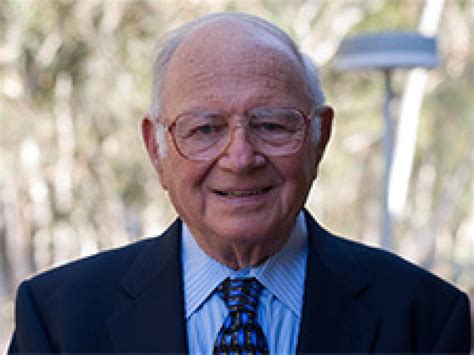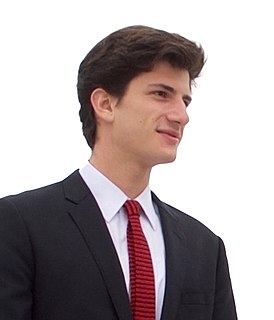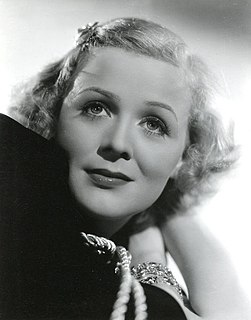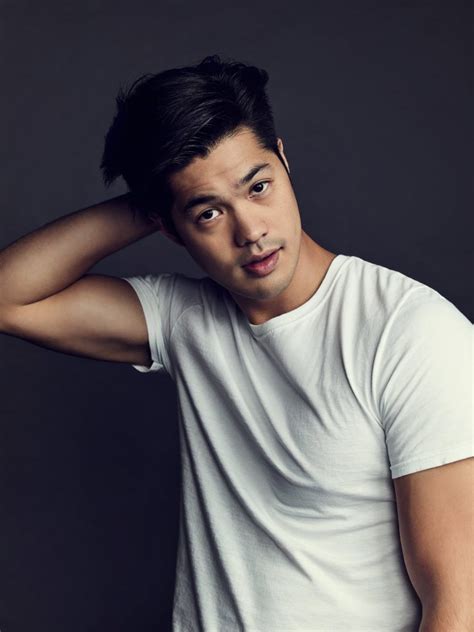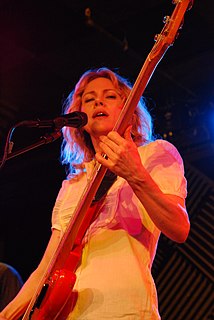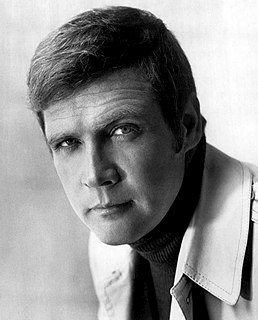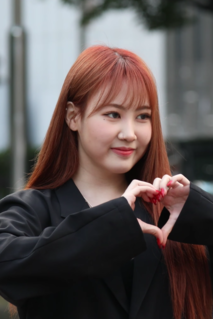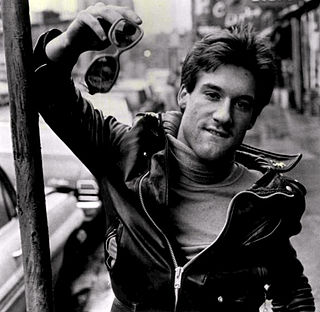A Quote by Daniel Yankelovich
A new breed of Americans born out of the social movements of the 60s and grown into a majority in the 70s holds a set of values so markedly different from the traditional outlook that they promise to transform the character of work in America in the 80s.
Related Quotes
[Our goal] is to help revive America's traditional values: faith, family, neighborhood, work and freedom. Government has no business enforcing these values but neither must it seek, as it did in the recent past, to suppress or replace them. That only robbed us of our tiller and set us adrift. Helping to restore these values will bring new strength, direction and dignity to our lives and to the life of our nation. It's on these values that we'll best build our future.
When I began writing poems, it was in the late 60s and early 70s when the literary and cultural atmosphere was very much affected by what was going on in the world, which was, in succession, the civil rights movement, the antiwar movement, and the women's movement in the 60s, 70s, and into the early 80s. And all of those things affected me and affected my thinking, particularly the Vietnam War.
In a different moment, in the 60s and 70s, I did believe we were going to succeed - that we were going to create a revolution, that America was going to be a completely transformed nation state and that there would be an amazingly different set of beliefs; that this country would reflect. And I thought that that was the fulfillment of the American democratic dream and I believed in it passionately.
we should reject the attempt to divert the national conversation away from soaring inequality toward the alleged moral failings of those Americans being left behind. Traditional values aren't as crucial as social conservatives would have you believe ? and, in any case, the social changes taking place in America's working class are overwhelmingly the consequence of sharply rising inequality, not its cause.
